Green Beans Nutrition, also known as string beans or snap beans, are a staple in many American diets. They are not only delicious but also packed with essential nutrients that can significantly boost your health. In this comprehensive guide, we will explore the nutritional benefits of green beans, provide practical tips on how to incorporate them into your diet, and answer common questions. By the end, you’ll have a clear understanding of why green beans should be a regular part of your meals.
Table of Contents
Introduction to Green Beans
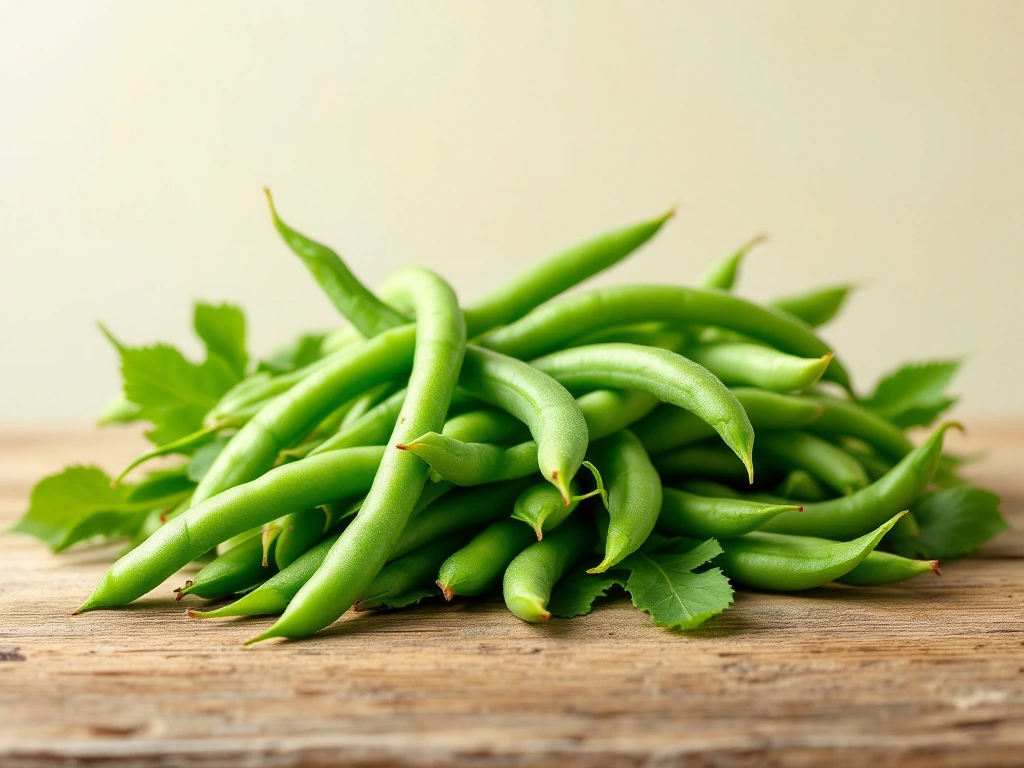
Green beans are a versatile vegetable that can be enjoyed in various forms—raw, cooked, canned, or frozen. They are a great source of vitamins, minerals, and fiber, making them an excellent addition to a healthy diet. Whether you’re looking to improve your overall health or simply add more variety to your meals, green beans offer a multitude of benefits.
Nutritional Profile of Green Beans
Green beans are low in calories but high in nutrients. Here’s a breakdown of what you can expect from a serving of green beans:
- Calories: About 31 calories per cup of raw green beans.
- Fiber: 2.7 grams per cup, which aids in digestion and helps maintain healthy blood sugar levels.
- Vitamin C: 12.2 mg per cup, supporting immune function and collagen production.
- Vitamin K: 14.4 mcg per cup, essential for blood clotting and bone health.
- Folate: 33 mcg per cup, crucial for DNA synthesis and preventing birth defects.
- Vitamin A: 375 IU per cup, important for vision and immune function.
- Manganese: 0.2 mg per cup, aiding in metabolism and bone health.
Nutritional Comparison Table
| Nutrient | Amount per Cup (Raw Green Beans) |
|---|---|
| Calories | 31 kcal |
| Fiber | 2.7 g |
| Vitamin C | 12.2 mg |
| Vitamin K | 14.4 mcg |
| Folate | 33 mcg |
| Vitamin A | 375 IU |
| Manganese | 0.2 mg |
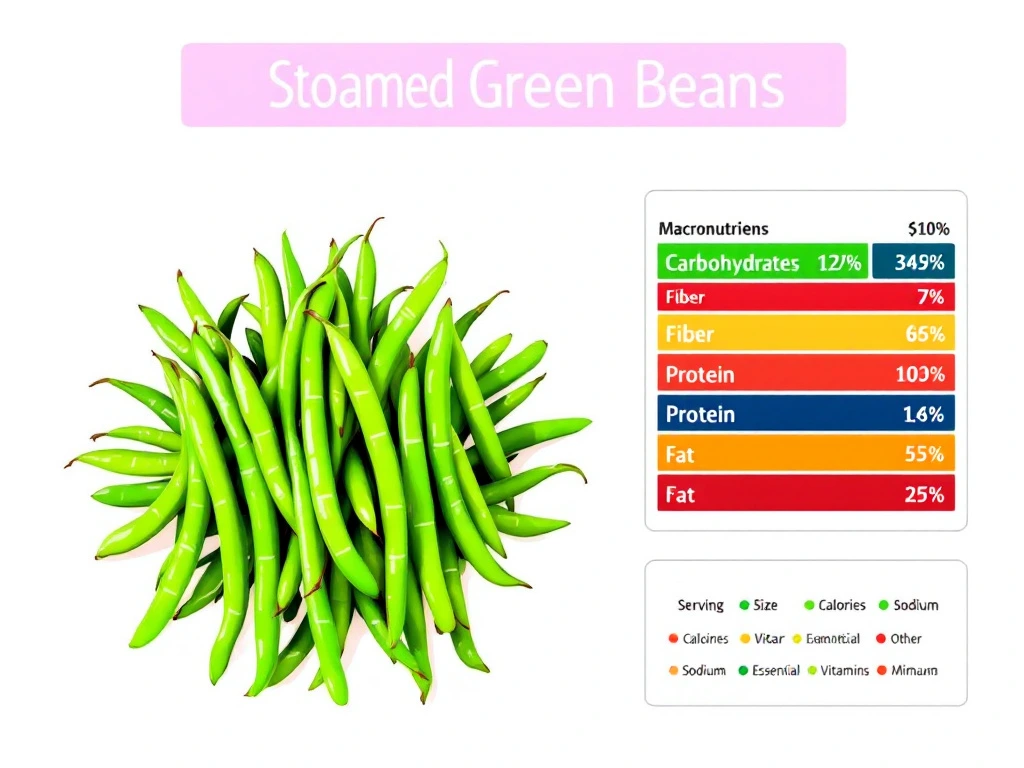
Health Benefits of Green Beans
1. Improved Digestion
Green beans are rich in fiber, which promotes healthy digestion. Fiber helps prevent constipation and supports a healthy gut microbiome.
Image Prompt: A diagram illustrating the digestive benefits of fiber
Put it here
2. Boosted Immune System
The high vitamin C content in green beans boosts your immune system, helping your body fight off infections and diseases.
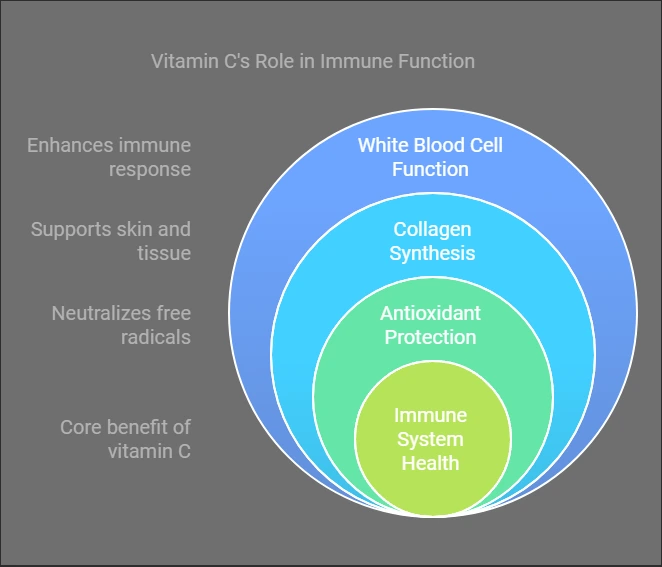
3. Enhanced Bone Health
Vitamin K and manganese in green beans play crucial roles in maintaining bone health. Vitamin K aids in blood clotting and bone metabolism, while manganese supports bone formation and density.
4. Heart Health
Green beans contain potassium, which helps regulate blood pressure and reduce the risk of heart disease. The fiber in green beans also helps lower cholesterol levels.
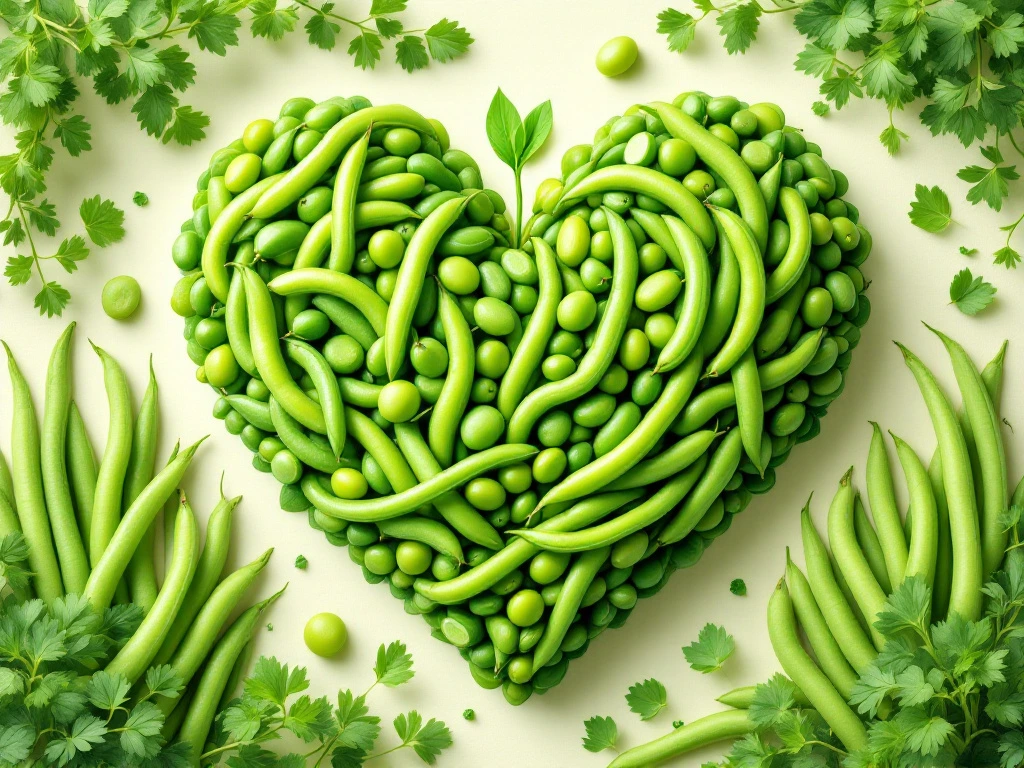
5. Weight Management
Being low in calories and high in fiber, green beans can help you feel full and satisfied, aiding in weight management and preventing overeating.
6. Antioxidant Properties
Green beans are rich in antioxidants like vitamin C and beta-carotene, which help protect your cells from damage and reduce the risk of chronic diseases.
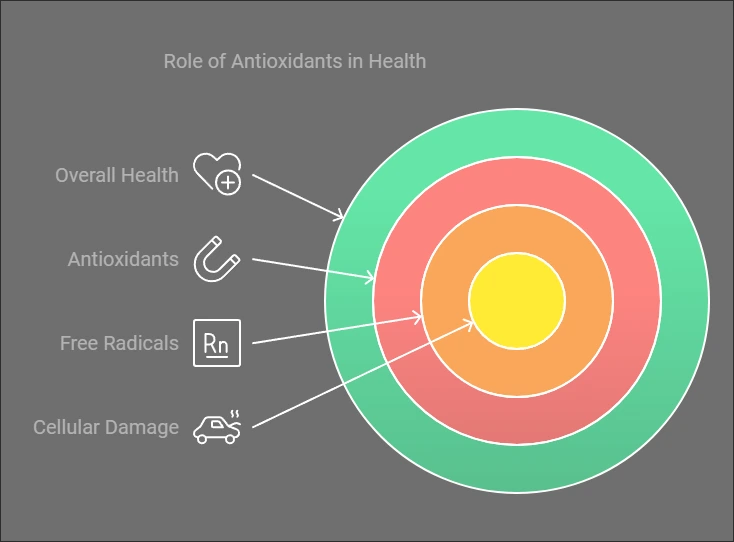
How to Incorporate Green Beans into Your Diet
Incorporating green beans into your diet is easy and versatile. Here are some practical tips and recipes to get you started:
1. Raw Green Beans
Raw green beans make a great snack. You can enjoy them with a dip like hummus or a light vinaigrette.
Image Prompt: A photo of raw green beans with a dip
Put it here
2. Steamed Green Beans
Steaming green beans preserves their nutrients and flavor. You can steam them for about 5-7 minutes until they are tender but still crisp.
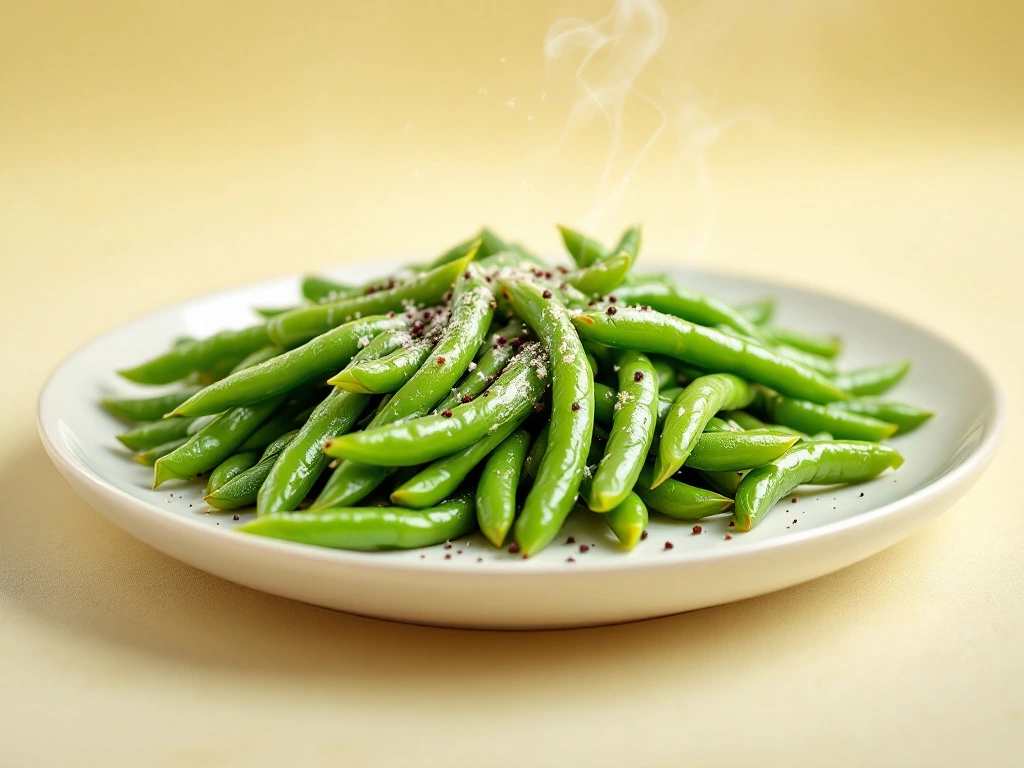
3. Roasted Green Beans
Roasting green beans brings out their natural sweetness. Toss them with a bit of olive oil, salt, and pepper, and roast at 400°F (200°C) for about 20 minutes.

4. Green Bean Salad
A green bean salad is a refreshing and nutritious option. Combine cooked green beans with cherry tomatoes, feta cheese, and a lemon-olive oil dressing.
5. Green Bean Stir-Fry
Stir-frying green beans with garlic, ginger, and soy sauce adds a delicious Asian twist. You can also add other vegetables like bell peppers and carrots.
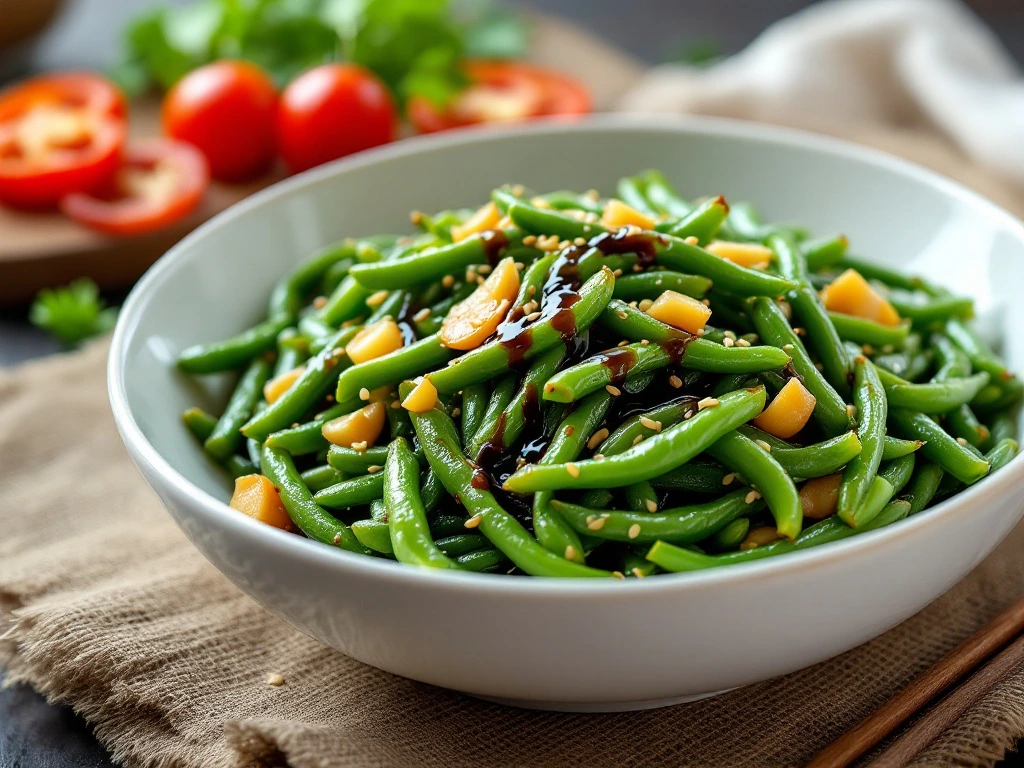
6. Green Bean Casserole
A classic American dish, green bean casserole is comforting and delicious. Use fresh green beans, cream of mushroom soup, and top with crispy fried onions.
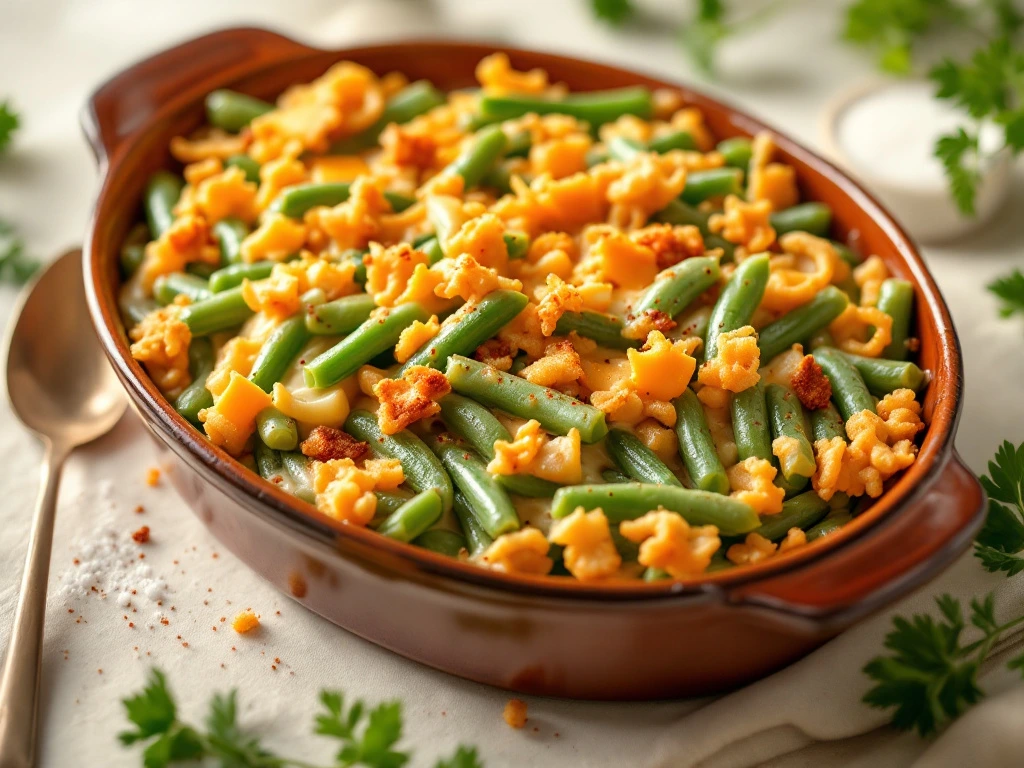
Common Questions and Concerns
1. Are Canned Green Beans as Nutritious as Fresh Ones?
Canned green beans are convenient but may have lower nutritional value due to the canning process. Fresh or frozen green beans are generally more nutritious.
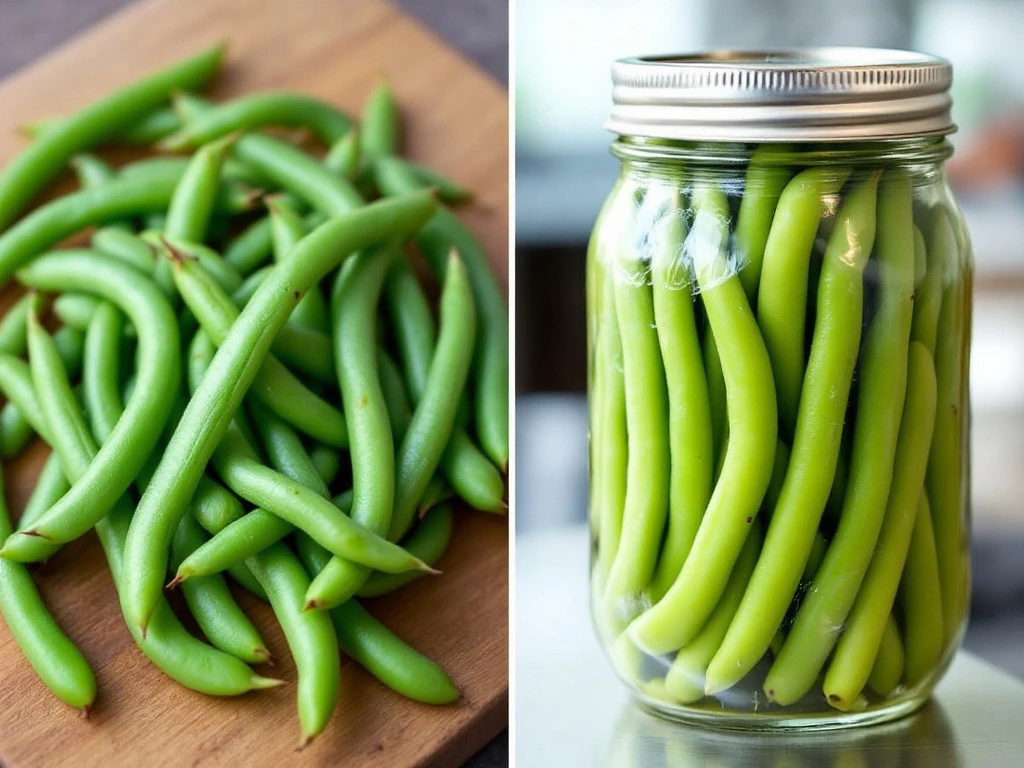
2. Can Green Beans Help with Weight Loss?
Yes, green beans are low in calories and high in fiber, making them an excellent choice for weight management. They help you feel full and satisfied, reducing the likelihood of overeating.
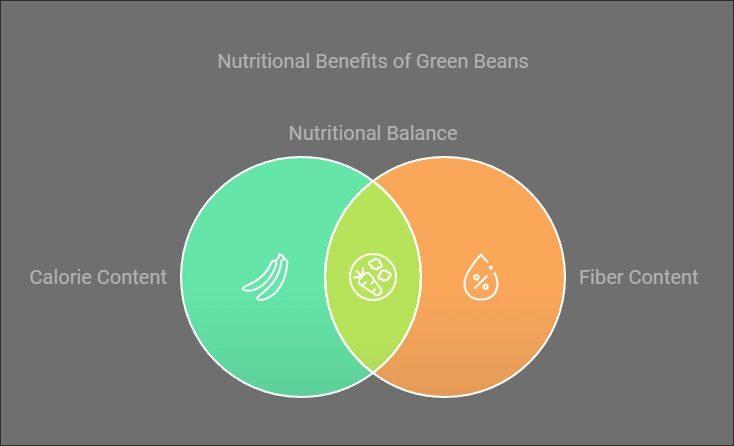
3. Are Green Beans Safe for People with Diabetes?
Green beans are a great choice for people with diabetes due to their low glycemic index and high fiber content, which helps regulate blood sugar levels.
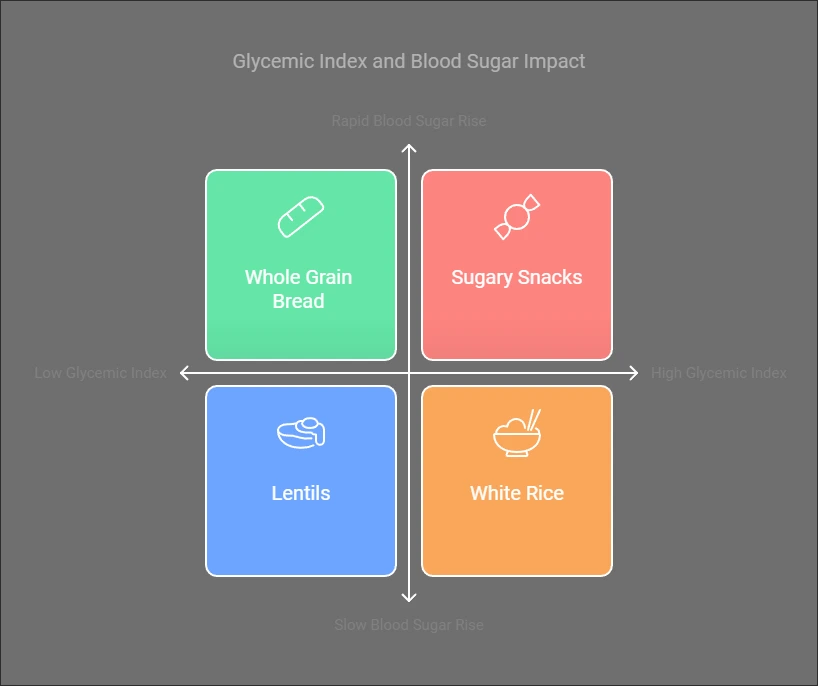
4. Can Green Beans Be Eaten Raw?
Yes, green beans can be eaten raw. They are crunchy and make a great snack. Just make sure to wash them thoroughly before consuming.
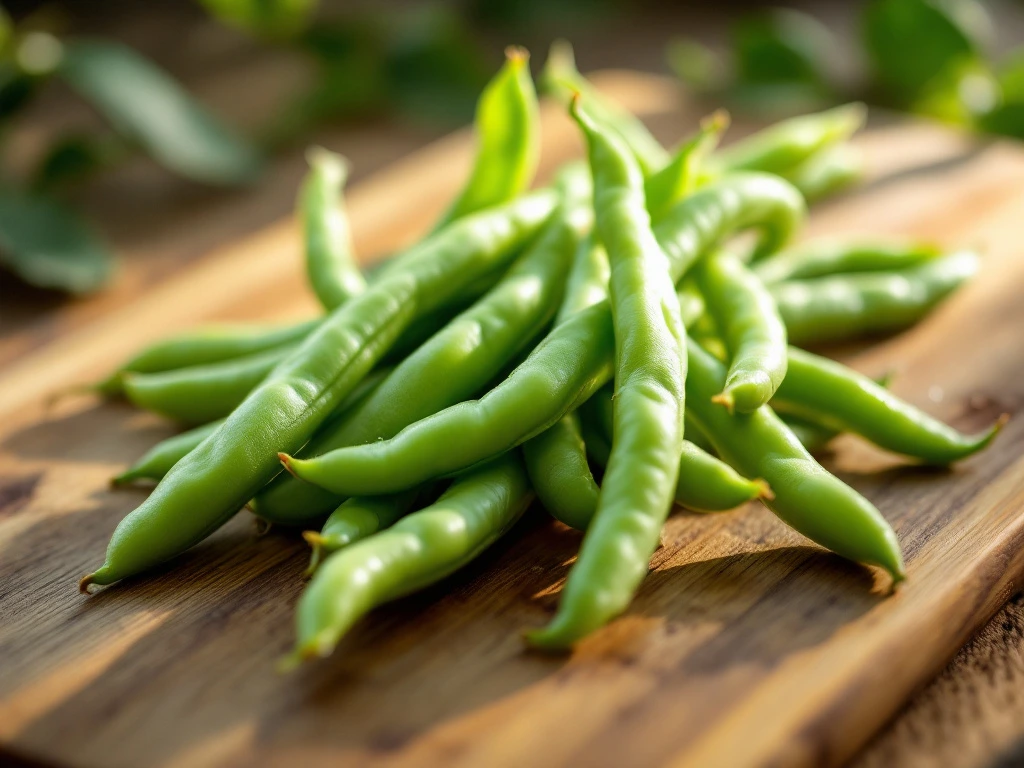
5. How Should Green Beans Be Stored?
Fresh green beans should be stored in the refrigerator in a plastic bag. They can last up to a week. For longer storage, you can blanch and freeze them.
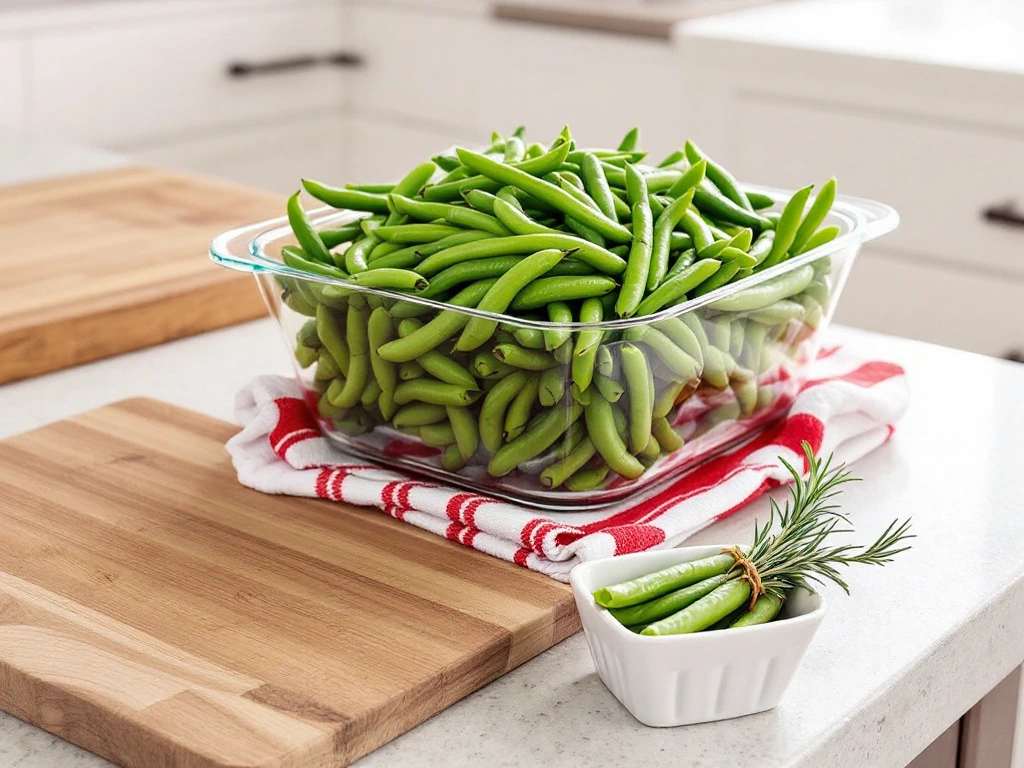
Conclusion
Green beans are a nutritional powerhouse that offers numerous health benefits. From improving digestion to boosting your immune system, these versatile vegetables should be a staple in your diet. Whether you enjoy them raw, steamed, roasted, or in a casserole, green beans provide essential nutrients that support your overall health.
Incorporating green beans into your meals is easy and delicious. So, why not start today and reap the benefits of this humble yet powerful vegetable? Your body will thank you!
Image Prompt: A final encouraging image of a healthy meal with green beans
Put it here
External Sources
- Mayo Clinic
- WebMD
- Healthline
- MedlinePlus
- Harvard Health Publishing
- Cleveland Clinic
- American Heart Association
- National Institutes of Health
- USDA FoodData Central
- NutritionFacts.org
- EatRight
- Academy of Nutrition and Dietetics
- Food and Nutrition Information Center
- Centers for Disease Control and Prevention
- American Diabetes Association
By following these guidelines and incorporating green beans into your diet, you can enjoy a healthier, more nutritious lifestyle. Happy eating!
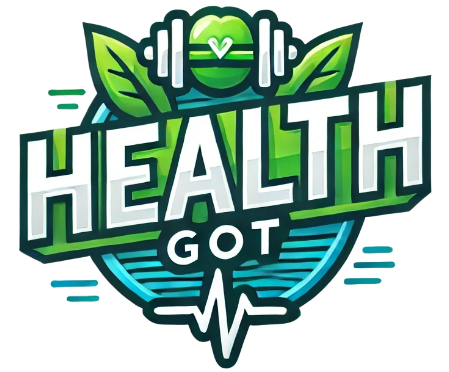
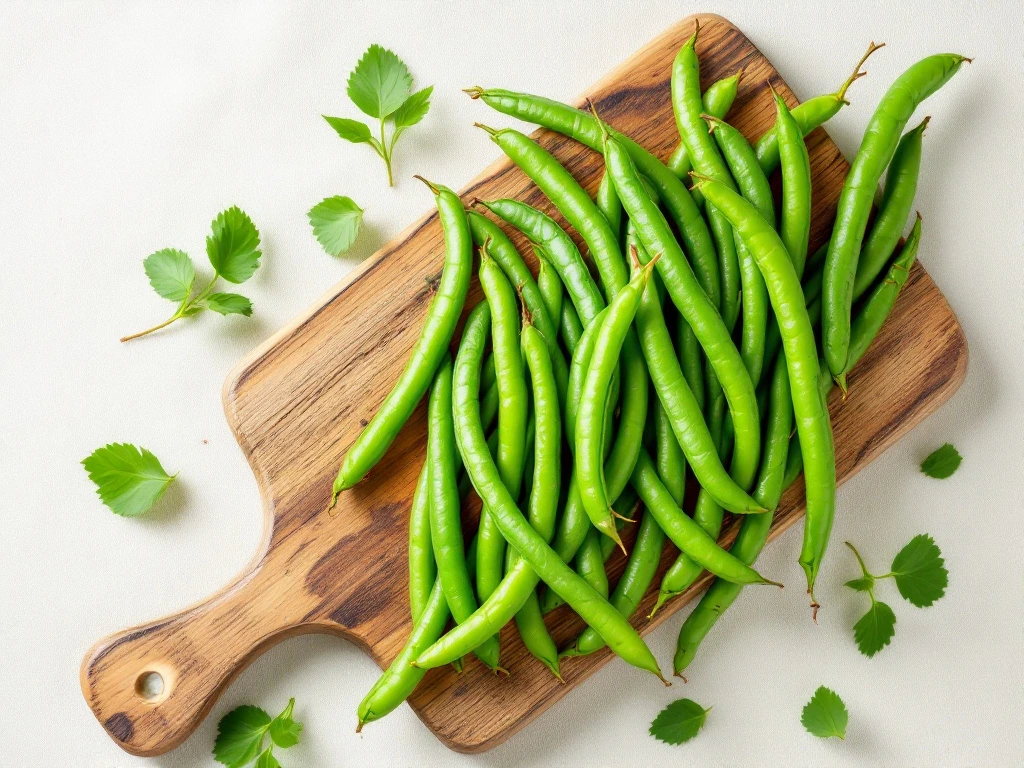
1 thought on “Green Beans Nutrition: The Secret And Powerful Meal Ever”
Comments are closed.